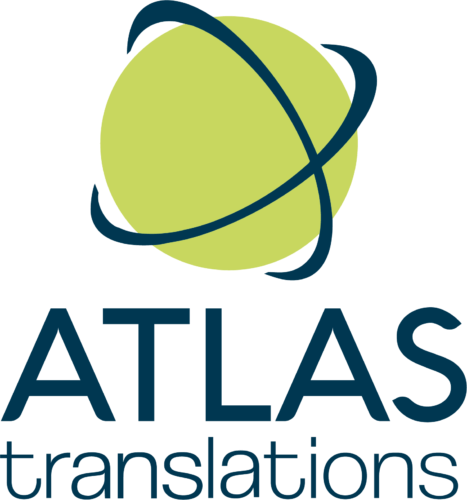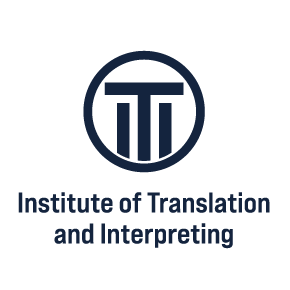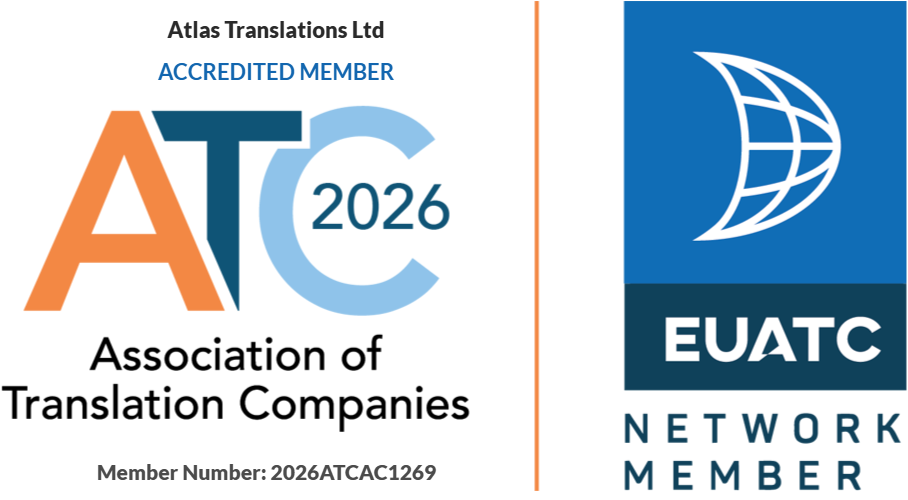Meetings, Manuals, and Mistakes: Why Internal Comms Deserves Better Translation
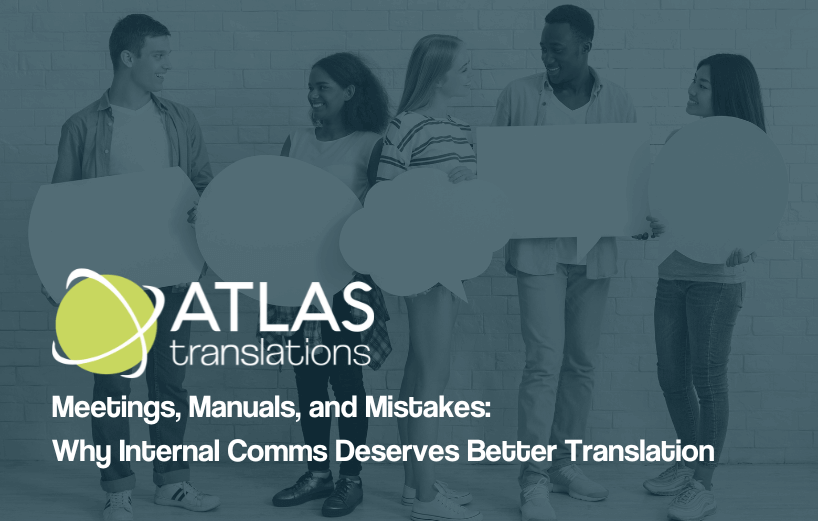
When businesses talk about translation, it’s usually in the context of outbound communications for reaching customers—website content, marketing campaigns, product packaging, and the like. However, internal comms rarely receive the same attention, and we think they deserve better translation. For companies with multilingual teams, international offices, or global supply chains, poorly translated internal documents can lead to more than just confusion. We’re talking safety issues, compliance risks, and productivity bottlenecks. You know, the fun kind of problems that don’t go away with a Teams chat or a quick email.
Let’s take a look at why your internal communications deserve a seat at the translation table.
We’re Atlas Translations 🌍 What do you need help with today? Call us on +44 (0)1727 812 725 or email us at team@atlas-translations.co.uk – we’re only a call, chat, or email away!
Internal Comms: Often Ignored in Translation
Weirdly enough, clear internal messaging is one of the things that is a must, not a nice-to-have. Hey, we don’t make the rules! It’s what enables your team to do their jobs properly and confidently. When that information is inconsistent, outdated, or lost in translation, things unravel fast, especially across language barriers.
It’s not about perfection. It’s about clarity. The kind that prevents misunderstandings, keeps people safe, and avoids avoidable errors.
What Gets Overlooked?
You’d be surprised how many business-critical documents fall under the “internal comms” umbrella, and how often they’re overlooked when it comes to translation and localisation. Here are some examples:
HR and Policy Documents
- Employee handbooks
- Disciplinary and grievance procedures
- Policies, e.g. Diversity, Equity, and Inclusion, Remote Work, and Health & Safety
These set the tone for your company culture. Misinterpreted wording can lead to legal headaches or harm employee trust.
Training Materials
- Safety instructions
- Induction guides and onboarding packs
- E-learning modules and internal how-to videos
The above are especially vital in sectors such as manufacturing, logistics, and healthcare, where mistakes have real-world consequences.
Internal Meetings and Presentations
- Company-wide announcements
- Performance reviews
- Live meetings across time zones and locations
When teams speak different languages, interpreting services can help keep everyone aligned in real time.
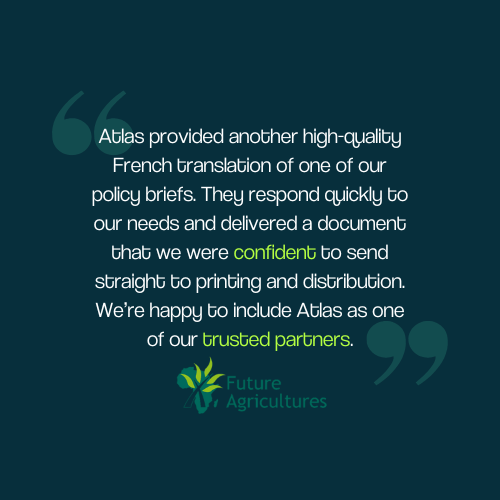
What Can Go Wrong?
When internal comms in translation are left to chance, small misunderstandings can snowball into major setbacks. Here’s what we’ve seen happen, and why it’s worth getting it right the first time.
Health and Safety Breaches
If safety instructions, signage, or emergency procedures are mistranslated or unclear, the consequences can be severe 😱. Staff may not understand how to operate machinery safely, what to do in an emergency, or when to report an incident. In sectors like construction, warehousing, and manufacturing, this isn’t just an inconvenience; it’s a risk to lives and livelihoods.
Compliance Issues
Regulatory frameworks often require specific documentation—like employee contracts, privacy policies, and training records—to be made available in employees’ native languages. A vague or incorrect translation could put you in breach of employment law, GDPR, or health and safety regulations.
That’s not just a red flag; that’s a red blanket the size of a football pitch, and it could mean time-consuming legal action or hefty fines.
Frustration and Disengagement
When employees struggle to understand workplace expectations or procedures, their morale suffers. People lose confidence, feel left out of the loop, or disengage from the wider team. Over time, this can lead to higher turnover, inconsistent performance, or resistance to change, none of which is good for productivity.
Operational Slowdowns
Unclear onboarding materials or poorly translated training documents can lead to inefficiencies throughout your entire business. Staff need more support to get up to speed. Managers spend time fielding questions that should have been covered already. And deadlines slip because teams aren’t aligned. It all adds up to a slower, more frustrating workflow.
Don’t get us wrong, this isn’t about scare tactics. But it is about recognising that internal language matters as much as external messaging, possibly more.

Why Professional Services Make a Difference
Unlike free tools or DIY translation efforts, a professional agency brings structure, accuracy, and nuance to your internal comms and translations. Native-speaking translators with sector-specific knowledge can handle technical terminology, tone, and regional variants with ease.
You also benefit from:
- Consistent terminology across your organisation
- Proofreading and typesetting to polish up final documents
- Interpreting services that support live or recorded sessions
Basically, it’s less stress for your internal teams and more confidence that everyone’s working from the same page.
How Atlas Translations Can Help
At Atlas, internal content is never treated as second-rate. Whether it’s onboarding material for a new team in Madrid, HSE documentation for your warehouse in Manchester, or a training video for your engineers in Milan, we’ve got the expertise to translate it properly and deliver it on time.
We offer:
- Translators who specialise in technical content
- Subtitling for video-based training
- On-demand or in-person interpreting services
- Proofreading and typesetting to get your documents ready for the real world
It’s a Wrap!
Internal comms might not make it into your next marketing campaign, but it underpins everything you do.
For B2B organisations working across borders, it’s worth investing in professional translation services that support your people as well as your public image.
If the overall business expectation is forward momentum, but your team can’t understand the manual, the meeting, or the message, there will be no forward momentum.
Contact Us
We’d love for you to contact Atlas Translations! We’re always here for a chat or to answer questions!
Call us on +44 (0)1727 812 725 or email us at team@atlas-translations.co.uk to let us know what you need. We respond quickly to all enquiries!

If you’d like to meet us face to face, learn more about our translation and language services, or deliver documents, please email or call us ahead of time to arrange a meeting.
Use the Live Chat option during UK working hours to ask us any questions. You’ll chat with a real, live human—we’re a bot-free zone! Just click the little icon at the bottom right of your screen to start chatting with us.
If you need a quick quote, we have a handy GET A QUOTE button located at the top of our website, where you can get an estimate for your needs.
Can I Trust Atlas Translations?
Indeed, you can! But if you’re after something that offers more “facts and figures”, here’s some info:
Atlas Translations holds two ISO certifications: ISO 9001:2015 (Quality Management) and ISO 17100:2017 (Translation Services).
If the project is highly confidential, we can sign a non-disclosure agreement (NDA) for added peace of mind.
Are we up to date on privacy? Why, yes, we are, thank you for asking! We registered with the Information Commissioner’s Office (ICO) over 20 years ago and have always placed a high importance on data protection.
You can read more about our commitment to quality here.
Atlas Translations takes pride in providing fast, friendly, and high-quality language services. But don’t just take our word for it, see what our clients are saying about us.
We’re also on TrustPilot, and you can read our reviews here.
Global Voice, Local Touch
If you’re looking for some top tips for partnering with Atlas Translations, we have some top tips to share! We answer 25 of our clients’ most frequently asked questions, ranging from typesetting queries to discussing reference materials.
Click to download Global Voice, Local Touch
